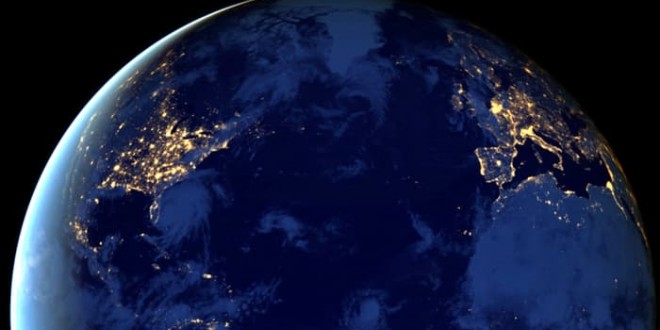SkyWatch is bringing the NASA International Space Apps Challenge to the Waterloo from April 22-24. The hackathon attracts Waterloo’s tech talent, who work nonstop for 48 hours to address NASA-designed challenges.
Waterloo joins 170 other cities hosting their own Space Apps Challenges that weekend, for an estimated total of 15,000 global participants.
Participants will choose to work in the following categories: Aeronautics, Space Station, Solar System, Technology, Earth, and Journey to Mars, and will leverage both NASA’s celestial data and a roster of mentors to create practical solutions.
“NASA’s Space Apps Challenge is the most unique hackathon on Earth,” said space apps organizer and SkyWatch CEO James Slifierz. “The event allows a range of skilled participants the opportunity to build something amazing that can be used in the real world, or space, using NASA tools and data. To add to the excitement, for the first time ever in Canada, participants could receive support for their ideas outside of the hackathon and possibly launch their own space startup.”
Two winning solutions from the Waterloo challenge will move on to compete with other winners from across the globe, to be judged by the NASA International Space Apps Challenge team.
Agencies/Canadajournal
 Canada Journal – News of the World Articles and videos to bring you the biggest Canadian news stories from across the country every day
Canada Journal – News of the World Articles and videos to bring you the biggest Canadian news stories from across the country every day



